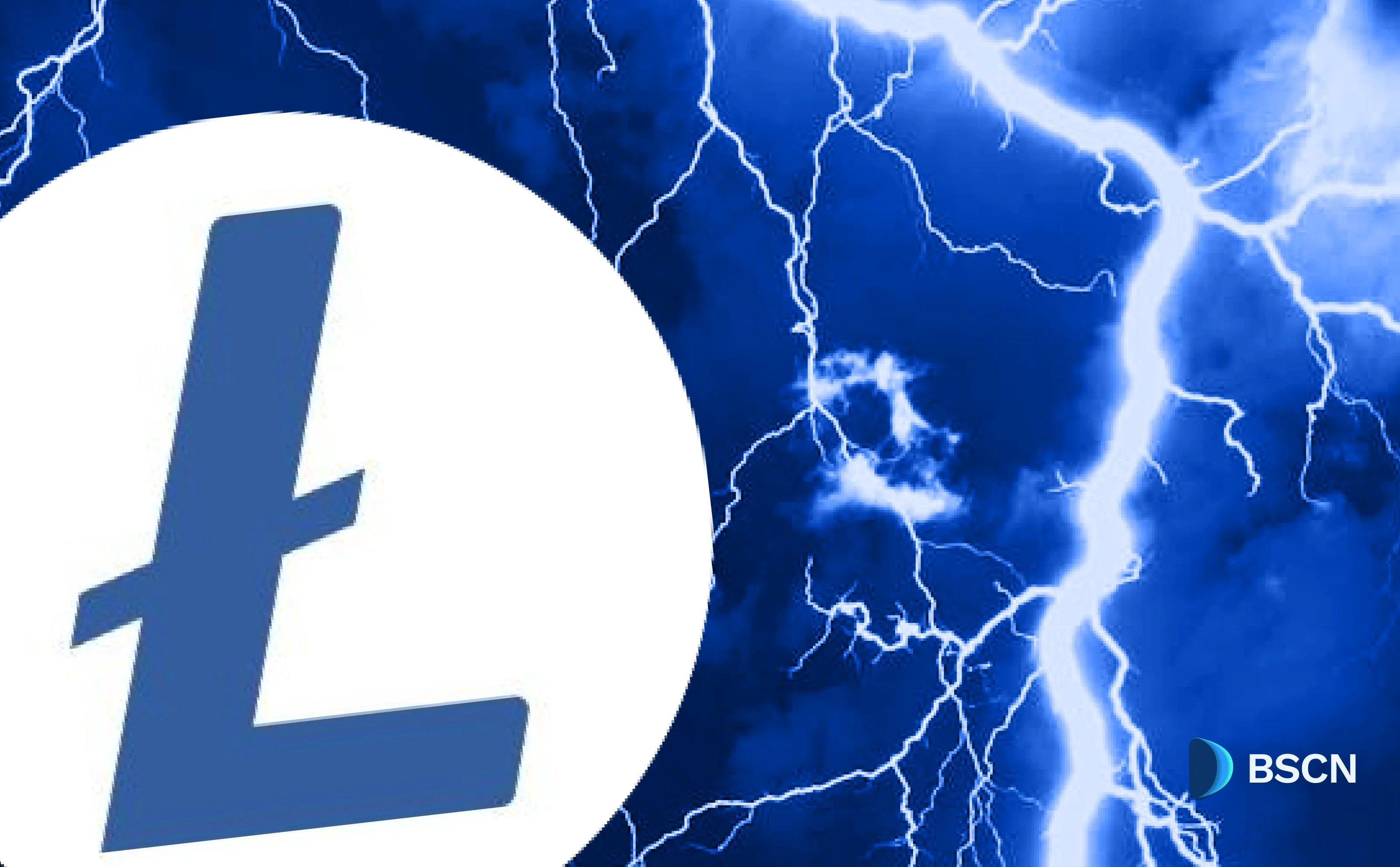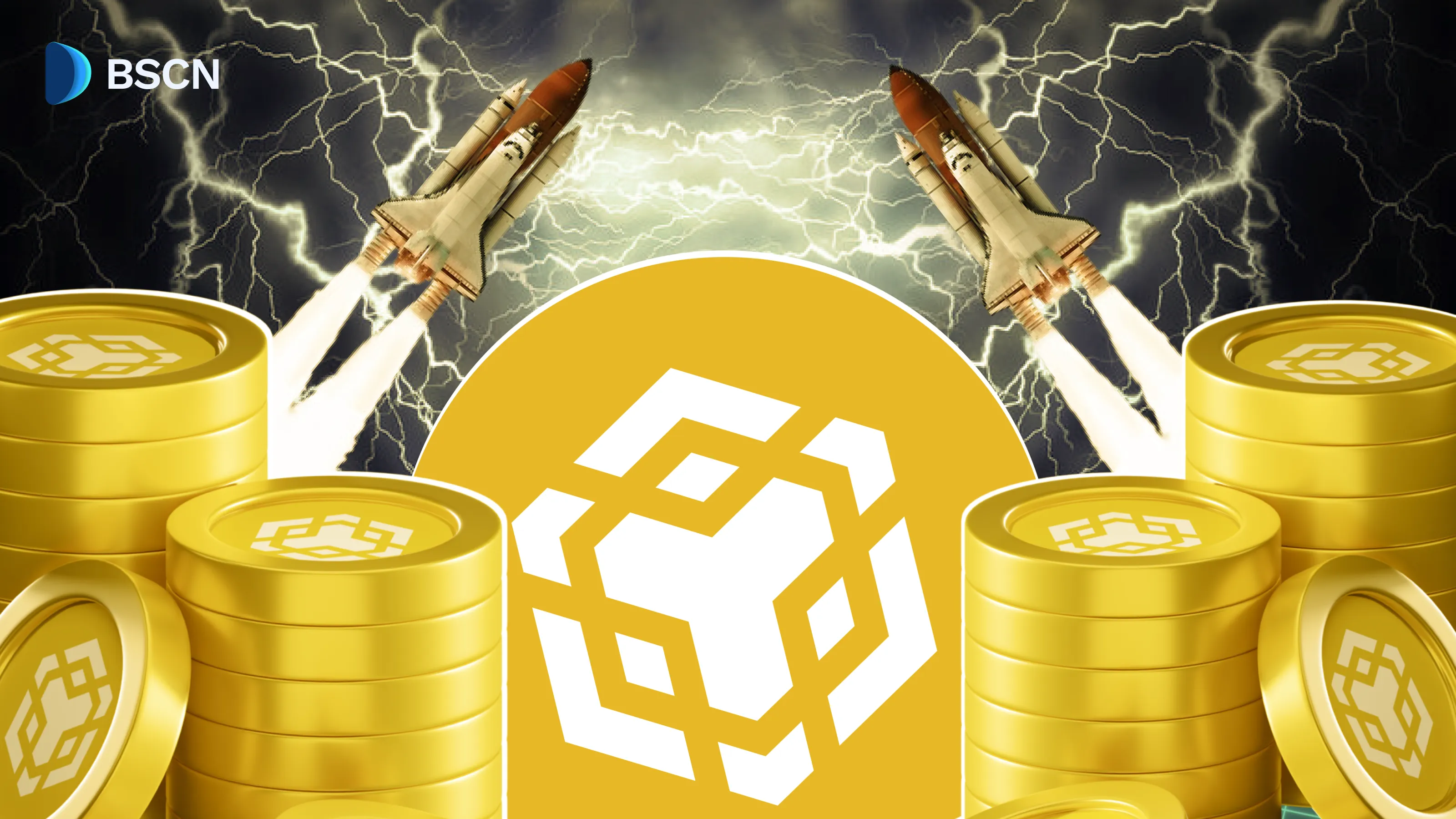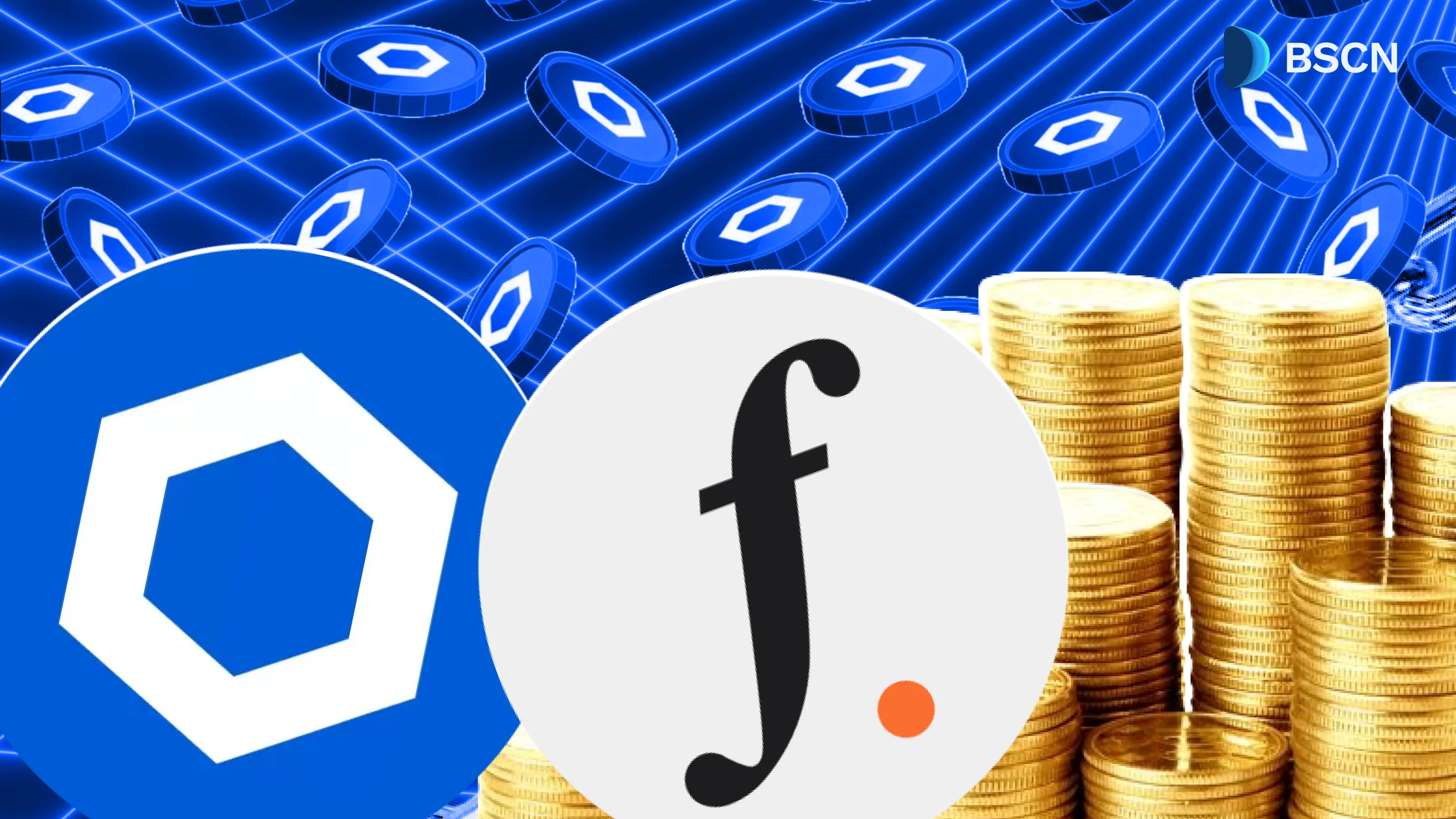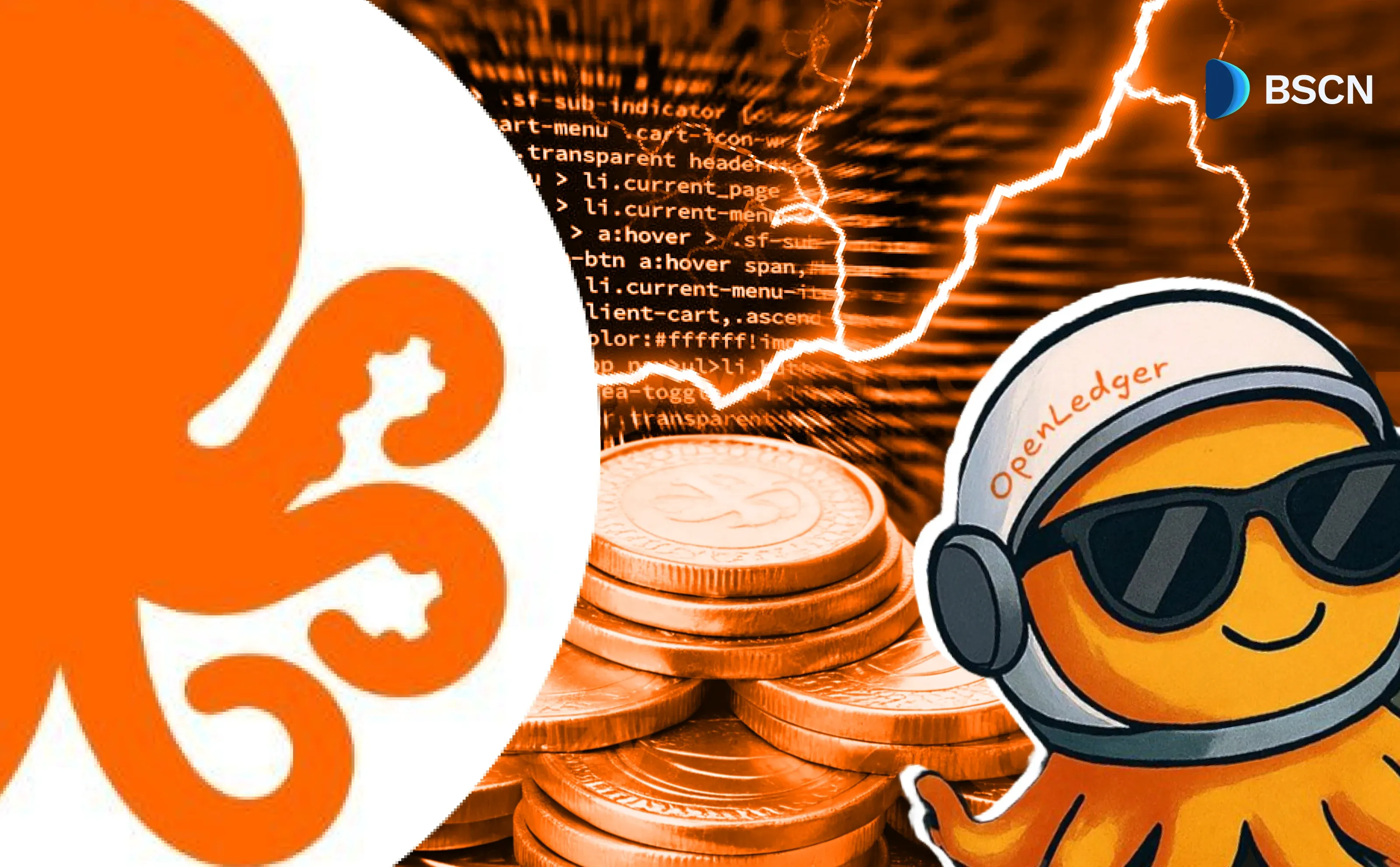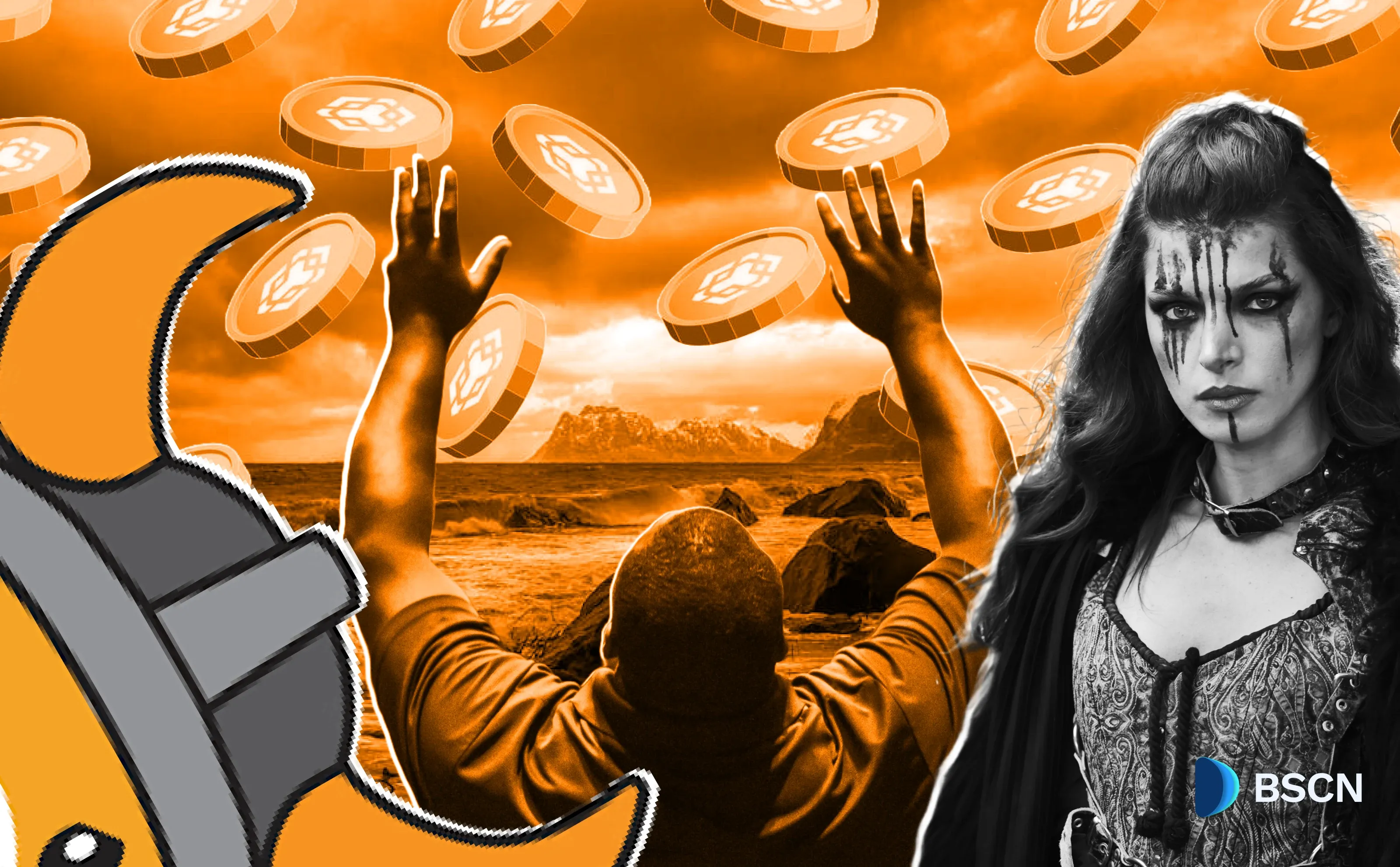BTC
BRC-20: The Good, Bad, And Ugly

The BRC-20 token standard brings promise and challenges to the Bitcoin blockchain after emerging as a top player in the crypto space.
BSCN
May 27, 2023
TL;DR:
- BRC-20 tokens on the Bitcoin blockchain bring enhanced tokenization, simplifying the creation and management of digital assets.
- Interoperability with existing Bitcoin infrastructure enables seamless integration and easy trading of BRC-20 tokens.
- While BRC-20 tokens inherit the security and immutability of the Bitcoin blockchain, they have limited smart contract functionality compared to other token standards.
- Scalability challenges, regulatory uncertainties, and a lack of standardization obstruct the widespread adoption of BRC-20 tokens on Bitcoin.
Exploring the Advantages and Challenges of BRC-20 Tokens on Bitcoin
The BRC-20 token standard has emerged as a noteworthy player within the Bitcoin ecosystem. Developed using the Ordinals and Inscriptions protocol, the BRC-20 standard has brought a new dimension to the world of tokenization on the Bitcoin blockchain.
However, like any technological innovation, it has advantages, drawbacks, and potential pitfalls. In this article, we will look at the good, the bad, and the ugly aspects of BRC-20.
The Good
Enhanced Tokenization
BRC-20 provides a means for users to tokenize assets on the Bitcoin blockchain. This opens up new possibilities for creating digital representations of various real-world assets. In addition, the standardization of tokens simplifies creating, transferring, and managing these assets.
Interoperability
BRC-20 tokens are designed to be compatible with existing Bitcoin infrastructure, including wallets and exchanges. This compatibility fosters interoperability, seamlessly integrating BRC-20 tokens into the broader Bitcoin ecosystem. In addition, it enables users to trade and transfer tokens without the need for complex bridges or additional layers of technology.
While this is an outstanding feature, its interoperability is limited to just the Bitcoin ecosystem.
Security and Immutability
Leveraging the security and immutability of the Bitcoin blockchain, BRC-20 tokens inherit these robust features. Transactions and token ownership are transparently recorded on the blockchain, reducing the risk of fraud or manipulation. Further, the decentralized nature of Bitcoin ensures that token data remains tamper-proof, providing increased trust and reliability.
The Bad
Limited Smart Contract Functionality
Although BRC-20 tokens allow for basic tokenization, their smart contract capabilities are limited compared to other token standards, such as ERC-20 on Ethereum.
The Bitcoin blockchain was primarily designed for secure and efficient value transfer rather than complex programmability. As a result, BRC-20 tokens lack advanced features for Decentralized Finance (DeFi) functionalities or complex logic execution.
Scalability Challenges
The Bitcoin blockchain has faced scalability challenges due to its limited block size and transaction throughput. BRC-20 tokens inherit these limitations, potentially leading to increased transaction fees and longer confirmation times during periods of high network congestion. This can hinder the usability and adoption of BRC-20 tokens, particularly for applications requiring fast and cost-effective transactions.
The Ugly
Regulatory Uncertainty
Generally, tokenized assets and cryptocurrencies have faced regulatory scrutiny worldwide. BRC-20 tokens, integral to the Bitcoin blockchain, are not exempt from these uncertainties.
Jurisdictions have different approaches to cryptocurrency regulation, and compliance requirements can be complex and burdensome. This regulatory landscape can create barriers to widespread adoption and hinder the growth of BRC-20 tokens.
Lack of Standardization
BRC-20 is not a widely adopted token standard compared to ERC-20 tokens on Ethereum. The lack of standardization can lead to fragmentation in the token ecosystem, making it challenging for developers and users to navigate and interact with BRC-20 implementations.
Additionally, the absence of well-established tooling and developer resources can slow the innovation and adoption of BRC-20 tokens.
In conclusion, the BRC-20 token standard brings promise and challenges to the Bitcoin blockchain. However, while it enables tokenization and enhances interoperability, it also faces smart contract functionality and scalability limitations.
Furthermore, regulatory uncertainties and the lack of standardization pose significant hurdles to the widespread adoption of BRC-20 tokens. As the blockchain ecosystem evolves, it will be intriguing to observe how BRC-20 on Bitcoin evolves to address these challenges and unlock new opportunities for users and developers.
Latest News
Crypto Project & Token Reviews
Project & Token Reviews
Comprehensive reviews of crypto's most interesting projects and assets
Learn about the hottest projects & tokens
